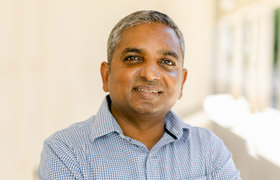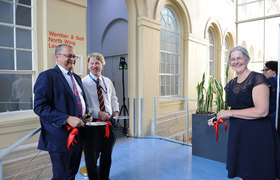Six UCT researchers awarded SA research chairs
08 August 2023 | Story Natalie Simon. Read time 8 min.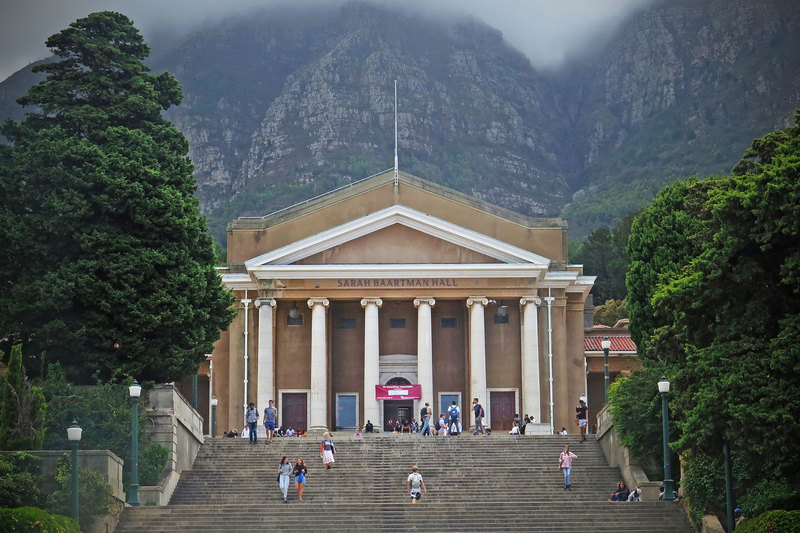
SIX new South African Research Chairs Initiative (SARChI) chairs have been awarded to the University of Cape Town’s (UCT) researchers since the beginning of the year. While two are replacement SARChI chairs, four are new appointments, taking the total of SARChI chairs held by UCT researchers to 26.
These chairs are part of the national Department of Science and Innovation (DSI) and National Research Foundation (NRF) initiative to attract and retain excellence in research and innovation across South African universities.
These chairs will help advance knowledge and understanding in a wide range of fields, and they will train the next generation of researchers.
The new chairs are:
DSI/NRF-Sasol Research Chair in Energy and Power Systems Modelling
Associate Professor Sunetra Chowdhury
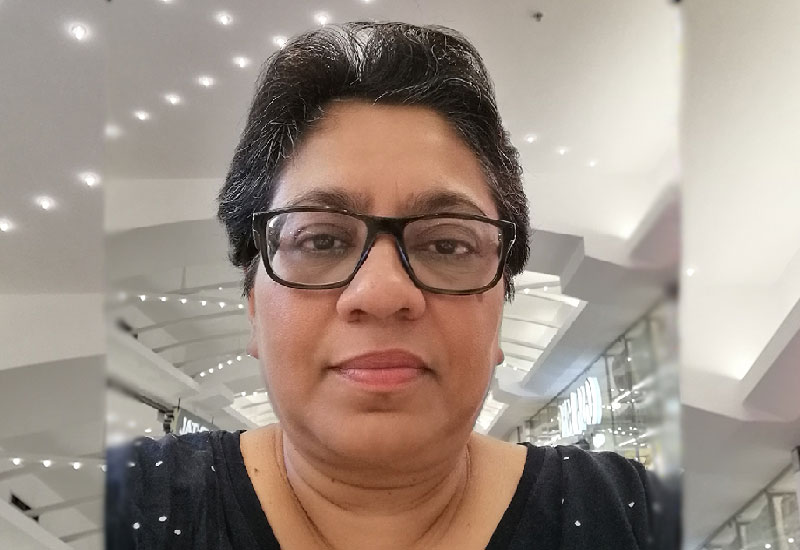
South Africa is transitioning from fossil fuels to a diverse energy mix, including renewable energy, to address its climate change goals and energy poverty. The DSI/NRF-Sasol Research Chair in Energy and Power Systems Modelling, awarded to Professor Sunetra Chowdhury of the Department of Electrical Engineering, is set to assist the industrial sector to navigate this energy transition through, among other things, knowledge creation and capacity building by training postgraduates and practicing engineers.
“This will be an exciting journey for all of us towards a cleaner future,” Professor Chowdhury said.
Chowdhury’s work complements two other research groups at UCT, specialising in better understanding energy and energy systems. These include the Energy Research Centre, a multidisciplinary centre within the African Climate & Development Initiative, as well as the Energy Systems Research Group which combines modelling of energy and economic systems with policy analysis and field-based research to generate and enhance knowledge of energy systems.
DSI/NRF Chair in Sustainable Catalysis
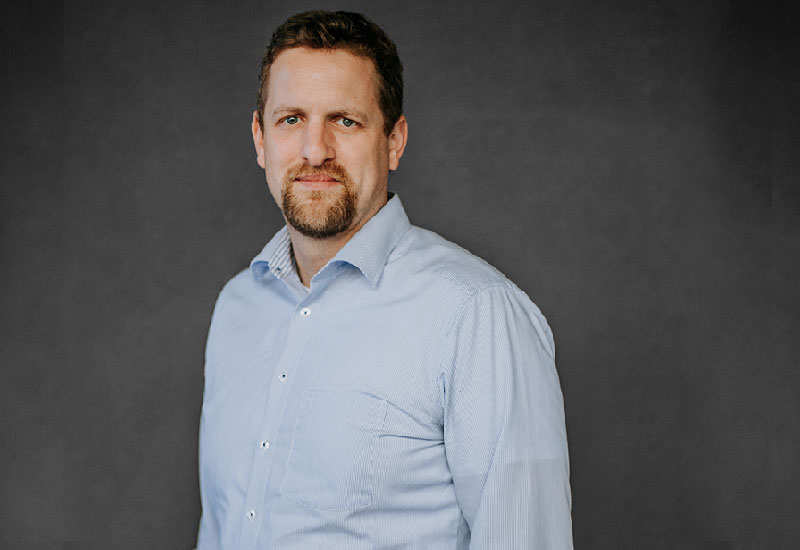
Catalytic processes and technologies involve the use of a particular substance (a catalyst) to speed up chemical reactions. Because of its dual wealth of renewable energy sources (sunlight and wind) and extensive minerals, South Africa holds great potential to become a global leader in the catalytic production of green hydrogen: a gateway process to sustainable fuels and chemicals. To support this national competitive capacity, Professor Nico Fischer of the Department of Chemical Engineering was awarded the DSI-NRF Chair in Sustainable Catalysis to explore strategies to create local technologies and capacity in this field.
“South Africa is presented with the incredible opportunity to become a future global supplier of sustainable energy carriers. The development of South African technologies in the field will ensure maximum societal benefit for industry and communities,” he said.
UCT has a strong history in catalysis research and is home to the Catalysis Institute which hosts, among other things, the DSI/NRF Centre of Excellence in Catalysis, c*change. The institute also co-hosts the DSI Centre of Competence in Catalysis, HySA/Catalysis, in the National Hydrogen and Fuel Cells Technologies Flagship project.
NRF – Swiss Bilateral Research Chair in Blockchain Technology
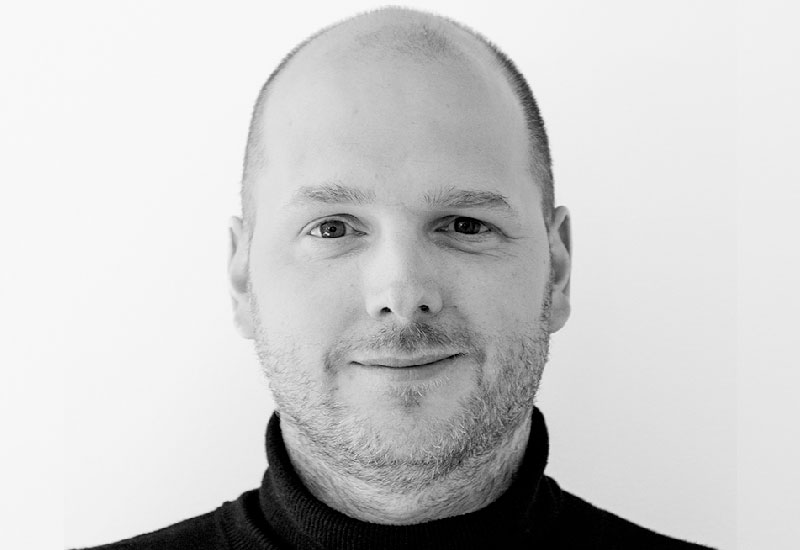
Blockchain, best described as a digital ledger of transactions duplicated and distributed across a network of computer systems, has incredible transformative potential. It holds the promise of providing new tools to create a more efficient financial system and infrastructure for the creation of digital property rights.
This bilateral research chair, which will soon be held by Professor Co-Pierre Georg at UCT, in collaboration with Professor Claudio Tessone at the University of Zurich, will conduct research to better understand the potential impact of blockchain.
“Blockchain enables us to build the infrastructure for a new financial system and completely rethink the organisation of the digital economy. I am very excited to be undertaking this research agenda together with colleagues at the University of Zurich. This collaboration will further strengthen our research profile and provide even more opportunities for our students,” said Professor Georg.
UCT has been involved with blockchain technology for a long time and offers the only dedicated master’s programme in financial technology in Africa. The university is also home to The Financial Hub, which in 2022 was awarded a significant grant by the Algorand Foundation as one of its Algorand Centres of Excellence. The hub focuses on blockchain applications, central bank digital currencies, privacy, cyber security and digital inclusion.
DSI/NRF-UCT Chair in Artificial Intelligence Systems
Associate Professor Deshen Moodley
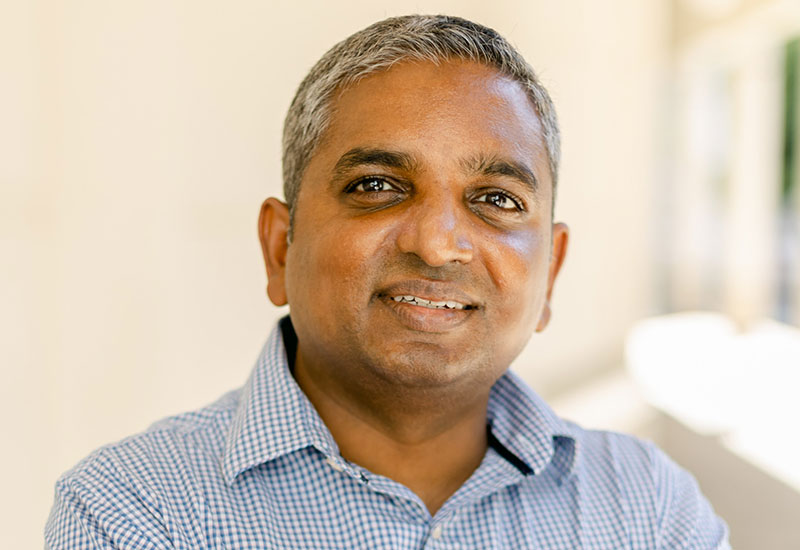
For South Africa to maintain and increase its industrial competitiveness, building expertise in artificial intelligence (AI) is key. To further this national goal, Associate Professor Deshen Moodley has been awarded the Co-Funded Chair in Artificial Intelligence Systems. His research focus is on designing human-centred AI systems. He takes an augmented AI approach, where the human user works interactively and cooperatively with the system.
“My current focus is on augmented AI systems for scientific knowledge discovery and interactive decision-making. We work in diverse application domains, including health, energy, earth observation, and finance,” said Associate Professor Moodley.
Recognising the importance of AI for the future, in 2020, the university adopted a strategic plan to strengthen, expand and elevate UCT’s capability in AI. This included the hosting of the national Centre for Artificial Intelligence Research, a distributed South African research centre. In 2022, UCT’s School of IT launched a new master’s degree in AI.
SARAO Research Chair within the DSI/NRF SARChI Initiative: Extragalactic Multi-wavelength Astronomy (Replacement)
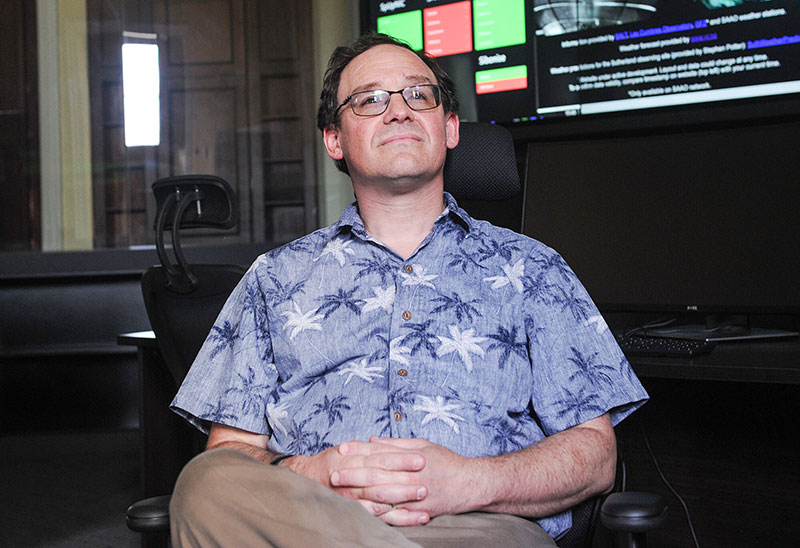
The SARChI Chair in Extragalactic Multi-wavelength Astronomy, funded by the South African Radio Astronomy Observatory, was established in 2010 to answer some of the big questions of the universe. Earlier this year Professor Daniel ‘DJ’ Pisano replaced the previous chair, Professor Renée Kraan-Korteweg, who retired at the end of 2021. Professor Pisano uses the MeerKAT telescope, a precursor to the mega-science Square Kilometre Array (SKA) project, to better understand how galaxies form and evolve, and how they acquire the gas needed for star formation.
“South Africa has become a world leader in radio astronomy with MeerKAT. I am excited to be part of training the next generation of African astronomers who will be doing cutting-edge science with the SKA,” said Pisano.
UCT has a strong history of research excellence in astronomy. It is one of the partners in the Inter-university Institute for Data Intensive Astronomy, along with the universities of the Western Cape and Pretoria. Members of UCT’s astronomy department lead four of the 10 MeerKAT Large Survey Projects. As the MeerKAT array will be incorporated in the mid-frequency dish component of the SKA, this places UCT Astronomy at the very forefront of the scientific exploitation of the SKA.
DSI/NRF SARChI Chair Biomedical Engineering and Innovation (Replacement)
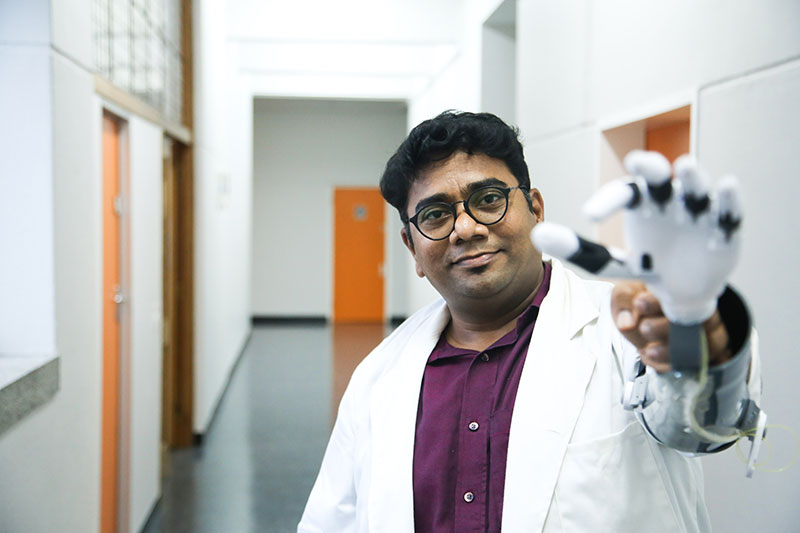
Health technologies are considered essential to enable health systems to sustainably function at the level necessary to improve the well-being of individuals and populations. The chair at UCT was first awarded to the late Professor Tania Douglas in 2016, before she passed away in 2021. The baton has now formally been handed over to Professor Sudesh Sivarasu who will be championing a research programme in biomedical engineering focusing on medical device innovation and translation.
“Venturing into the realm of biomedical engineering innovation, I am inspired by the belief that every medical device we develop is a new narrative of hope, each innovation a milestone in our collective health journey towards health for all,” he said.
Through the works of Professor Sivarasu, the Division of Biomedical Engineering has seen a number of innovations and tech spin-offs, such as the Impulse Biomedical. And the recent Africa Prize winner FlexiGyn, commercialised through Vas MedTech, a medical device innovation company.
This initiative, established in 2006 by the NRF and DSI, was designed to strengthen and improve the research and innovation capacity of public universities to produce high-quality postgraduate students and research and innovation outputs. UCT’s SARChI chairs have demonstrated the value of the initiative and made a significant contribution to research excellence locally and globally.
Look out for the second part of this coverage, a look into the SARChI chairs whose term has been renewed – coming soon.
 This work is licensed under a Creative Commons Attribution-NoDerivatives 4.0 International License.
This work is licensed under a Creative Commons Attribution-NoDerivatives 4.0 International License.
Please view the republishing articles page for more information.







